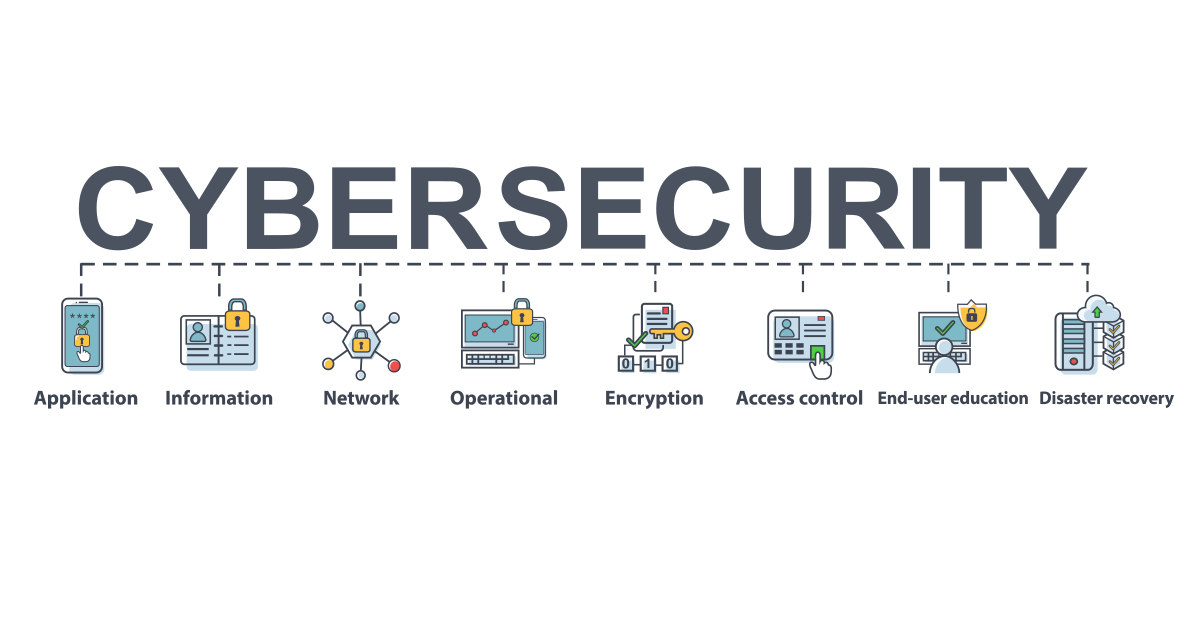cybersecurity entry level jobs Secrets
cybersecurity entry level jobs Secrets
Blog Article

1. Information breaches: Fintech companies handle sensitive economic details, making them a prime target for cybercriminals. A solitary data breach can endanger numerous individuals' personal and financial information, bring about extreme repercussions.
2. Repayment scams: Fraudsters make use of advanced techniques to manipulate settlement systems, triggering monetary losses for both consumers and organizations. Protecting against settlement scams requires innovative protection procedures and constant surveillance.
3. Conformity: Fintech firms should comply with numerous financial regulations, such as GDPR, PCI-DSS, and AML/KYC. Making certain compliance can be a facility and lengthy process, yet failure to do so can cause significant fines and reputational damages.
4. Not enough safety steps: Fintech companies commonly prioritize speed and advancement over safety and security, bring about insufficient defense against cyber hazards. This can subject customers' data and economic information to substantial risks.
Fintech software program development need to address these cybersecurity challenges to shield users' passions and maintain public depend on. }
The monetary modern technology industry is undertaking a considerable improvement, presenting unique techniques to taking care of funds. However, the rapid evolution comes up with fresh challenges, particularly in the world of cybersecurity. These obstacles pose issues regarding the dependability and safety of economic systems and may weaken your online reputation as a trustworthy fintech copyright. Learn more at
In this blog post, we're checking out the 4 cybersecurity threats faced by the fintech market and suggest methods on just how to minimize them.
"Cybersecurity Threats Evolve"
A malware attack refers to any kind of destructive software program intended to damage a user's computer system or server. These harmful programs are developed and distributed by cybercriminals for numerous motives, with the usual goal of swiping personal, economic, or company information.
Ransomware kind of malware attacks stays one of the most prominent sort of cyber risks. In 2023, 72% of businesses were hit by a ransomware strike, according to Statista's report. Exactly how do you keep secured? Below are a few of the approaches:
keep your computer system and software program updated;
just make use of a trusted anti-virus;
never ever open links that come from unidentified senders.
Arising Technologies
On the one hand, the rapid adoption of arising technologies cybersecurity framework such as blockchain, artificial intelligence (AI), and IoT ( Web of Things) opens new horizons to fintech. On the other hand, it brings new safety problems to the table. As an example, AI-powered systems can be used to spot vulnerabilities in networks and systems. IoT assaults target Net of Points systems-- things installed with software program that enables them to collect and store data. While the risk of IoT attacks can be reduced by choosing protected gadgets, AI-powered assaults demand a much more complicated technique:
Implement a multi-faceted protection technique;
Offer regular training for staff members on safety finest methods;
Utilize innovative AI-powered safety services to boost protection against expert risks.
A fintech organization's biggest threat can come from within. Staff members or professionals with certified access to sensitive information or systems can pose a considerable threat, referred to as expert threats. These risks can be willful, where sensitive info is swiped and sold intentionally, or unintended, where private info is inadvertently exposed, triggering damage to the company. Effective techniques to alleviate expert risks include applying durable access controls, keeping an eye on customer actions, offering normal training and awareness programs, and carrying out case feedback plans to deal with prospective protection violations.
audit of your team's access benefits;
application of password security plans;
education and learning of your group on just how not to become the victims of phishing.
Third-Party Vendors
Several fintech firms rely upon third-party providers for solutions like settlement handling or information storage space. Such dependence on outside suppliers in fintech software program growth can present several opportunities for cyberattacks. Fintech companies must conduct thorough due diligence on third-party suppliers they accept, consisting of history checks and safety and security evaluations, to ensure they have limited protection procedures in position.
Finally, while the fintech market is acquiring globally adoption, hackers never rest, making cybersecurity a top obstacle in fintech software program advancement.
Acknowledging this, S-PRO https://s-pro.io/, an innovative software program advancement company, positions a solid focus on carrying out advanced safety measures in its fintech jobs, ensuring that both its customers and end-users benefit from the highest level of defense against cyber hazards. Report this page